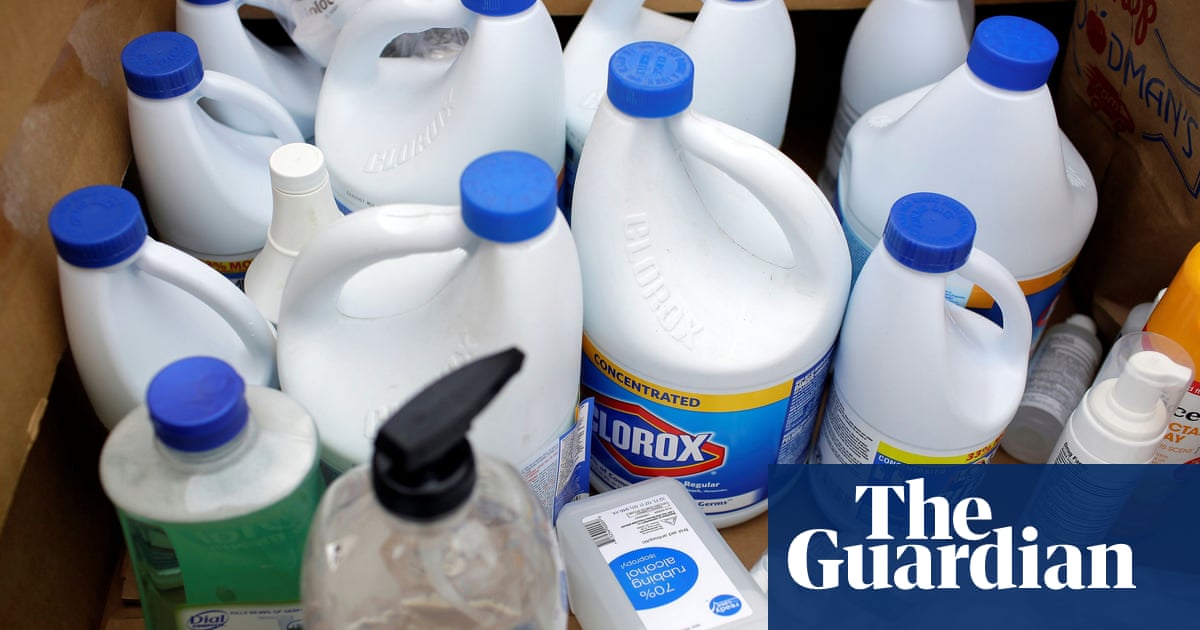
A manhunt is under way for the perpetrator of a corrosive substance attack in south London.
Here we take a look at corrosive substance attacks, what they are, how often they occur and the relevant legislation.
What is a corrosive substance attack?
It is a form of violent assault involving the act of throwing acid or a similarly corrosive substance on to someone’s body with the intention to harm or kill, according to the UK charity Acid Survivors Trust International (Asti).
“Given its nature, the effects of an acid attack prompt instant and excruciating pain, and injuries cause life-changing disabilities,” it says.
It is understood an alkaline substance was used in the attack in Clapham.
Where do attackers get the corrosive substances from?
Acids and alkaline-based substances are available from retailers, in store and online. Strong household cleaners contain strong acids and alkalis. Products such as bleach and oven cleaner are alkaline substances.
How common are corrosive substance attacks?
The Metropolitan police chief, Sir Mark Rowley, says they are “exceedingly rare”.
Using freedom of information requests, Asti obtained figures that show the police in England and Wales recorded 710 corrosive substance attacks in 2022, the most recent data available. This was up from 421 in 2021 during the Covid pandemic.
They peaked at 949 in 2017 before new legislation targeting the sale and possession of corrosive substances was introduced.
NHS data for England shows 82 admissions to hospital in 2022-2023, and in earlier years an average of about 100 admissions a year. The region with the highest number of admissions in the most recent years was the north-west.
What is the law?
New measures targeting attacks with corrosive substances came into force in 2022.
They were part of the Offensive Weapons Act of 2019, which introduced two new offences: selling a corrosive product (both over the counter and online) to a person under the age of 18; and possessing a corrosive substance in a public place without good reason or lawful authority.
Possession of a corrosive substance in a public place carries a prison sentence of up to four years. It was already a crime under the Offences against the Person Act 1861 to use a corrosive substance with intent to inflict grievous bodily harm. This offence carries a maximum sentence of life imprisonment in England, Wales and Northern Ireland.












